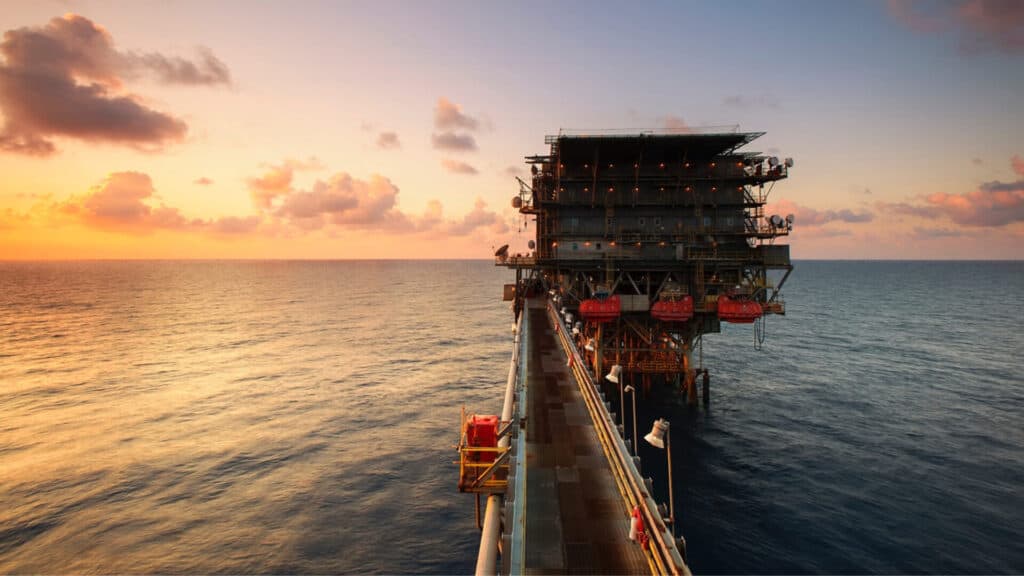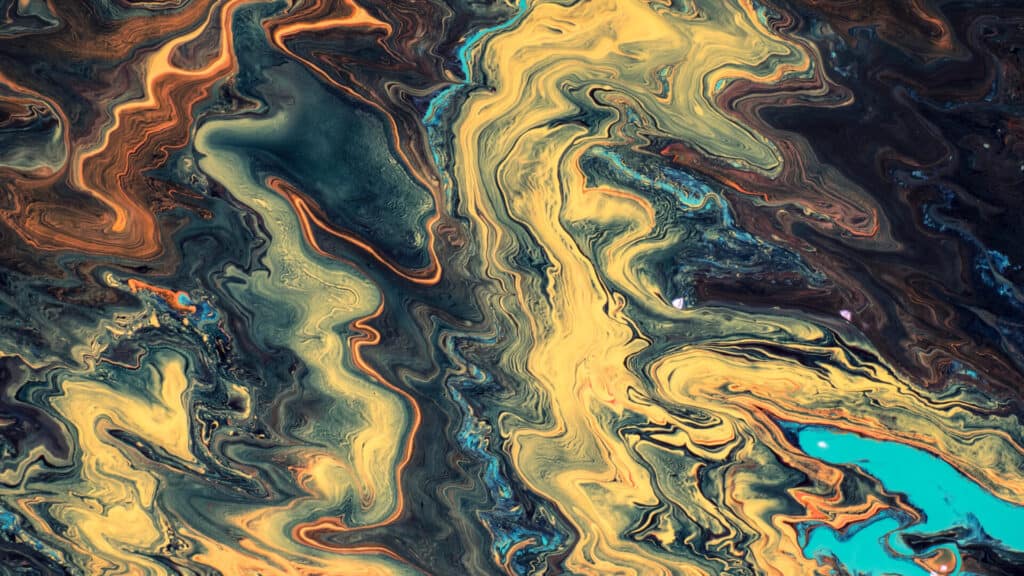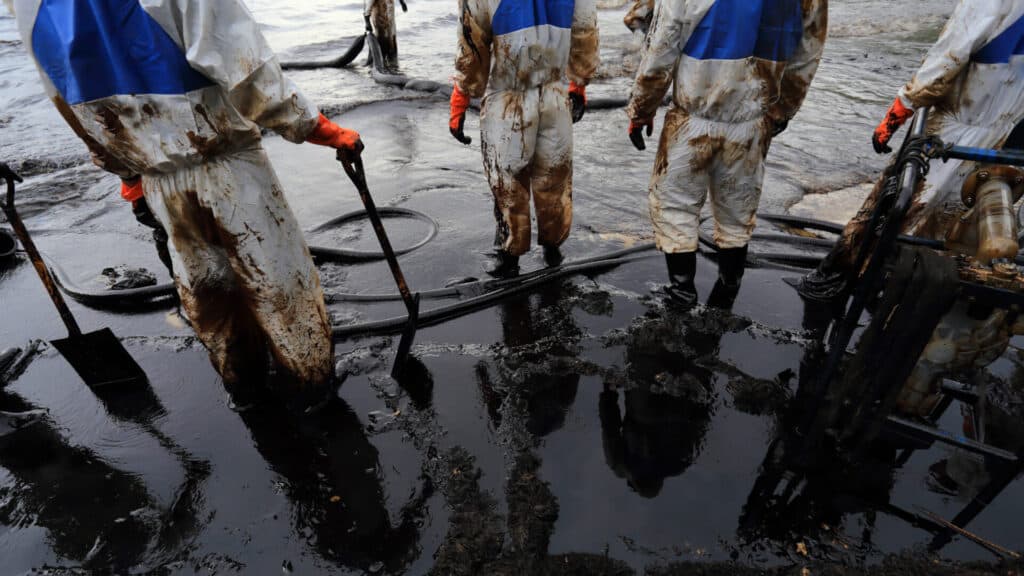
Oil pollution is one of the most devastating, yet preventable forms of pollution that exists in today’s day and age. In fact, most oil spills are the result of human error or carelessness.
According to Ocean Conservancy, Americans spill, throw away or dump out more than 30 times the oil that was spilled in the 1989 Exxon Valdez disaster every year. In other words, with proper oil spill prevention and preparedness, these spills can be avoided.
Oil spills are extremely harmful to people, plants, and wildlife because they destroy the local marine ecosystem. For instance, animals can be killed by poisoning or suffocation.
In addition to containing deadly metals, fuel and oil lower the oxygen levels naturally present in water, block sunlight from reaching animals and organisms that need it underwater, and overall degrades the quality of water.
Of course, with such serious consequences, governments, municipalities, and corporations are all responsible for effective oil spill prevention and preparedness. The ramification for a company that is involved in an oil spill is serious – and expensive.
There is more to the cost of an oil spill than simply removing the oil. Think about it: A spill can disrupt maritime shipping, port activities, recreation, and tourism, and cause significant harm to fish, shellfish, and wildlife resources. That’s typically hundreds of jobs and thousands of dollars.
The Oil Pollution Act of 1990 states that the party responsible for the oil spill must pay for cleanup operations and restoring natural resources, which includes:
- Cleanup
- Containment
- Natural resource damage assessment and restoration
- Property damage
- Litigation
- Mitigation
- Fines and penalties
- Public relations
Along with having to pay for all these things, the company responsible would be subject to fines from the U.S. Environmental Protection Agency or the state’s Department of Environmental Quality. Civil lawsuits from private parties and from firms on behalf of state residents can also be expected.
In other words, companies that deal with oil and fuel need to invest in oil spill prevention and preparedness. You can’t afford not to.
What causes oil spills and why are they so difficult to clean up?
At ACME, we have been a solution for oil spill containment since 1967, and typically, we see oil spills occur as a result of accidents involving tankers, barges, pipelines, refineries, drilling rigs, storage facilities, recreational boats, and more. This usually comes down to human error or carelessness – and as discussed, the consequences can be devastating all-around.
Oil spills are difficult to clean up because you have to act fast. If you pour oil into a glass of water, you can watch the effects happen instantaneously. It’s hard to ‘scoop’ the oil back out and leave the water as it was before.
The real problem starts to occur as the oil emulsifies. The oil mixes with water and results in an oil-water mixture that will have a thick, pudding-like consistency. Go-to strategies like sorbents and skimmers won’t work as effectively once the oil emulsifies.
Ecosystems can recover from oil spills before the spill reaches this point. For instance, the Exxon Valdez disaster still has lasting effects today because they were unprepared to handle a spill of that size, despite regularly transporting those quantities of oil.
The key to avoiding disasters in which the effects take years to disappear is to join hands with experienced oil spill prevention and preparedness partners. You can also purchase oil spill containment accessories to help you save time, money, and environmental impact

How does the government respond to oil spills?
Due to the gravity of an oil spill, the Federal Government has the responsibility to respond to oil spills as well. The immediate response involves coordinated efforts by the U.S. Coast Guard (USCG) and EPA Federal Onscene Coordinators (FOSCs), other Federal agencies, state, local, and contracted agencies (like ACME).
Most government entities and pipeline companies are required to use USCG-certified Oil Spill Removal Organizations (OSROs) to respond to an oil spill. These agencies need to be highly trained for oil spill cleanup to ensure effective cleanup. Certification requires organizations to go through a wide range of exercises and training to ensure that all personnel and equipment can support any type of rapid response needed.
ACME is the 10th certified OSRO in the United States, which is the highest classification level of spill responders!
How long do oil spills take to clean up?
Typically, oil spill response teams begin by deploying divers to use tools like containment booms and skimmers to keep as much of the oil from reaching the coastline as possible. The effectiveness, and therefore the time it takes, depends on the situation – the amount and type of oil, the ocean currents and tides, and the weather.
However, with the number of organizations and entities that will jump in when a spill happens, companies are better off hiring a certified oil spill preparedness and response team to improve the outlook.
Rather than hoping for a 10-15% clean up, you can get closer to a 70-100% clean up by working with the right people. Remember, when a spill occurs, the damage has already been done.
Not only does this reflect poorly on your company, but the consequences can be serious. A rapid, aggressive, effective, and well-coordinated response is essential to a quick recovery.
How can oil companies prevent oil spills?
Actively taking steps to prevent oil spills is key to ensuring safe, ethical business. Besides, it is far more cost-effective to prevent an oil spill than to clean one up.
Here are five ways to improve oil spill preparedness:
- Inspect vessels, facilities, and oil transfer operations.
- Provide technical outreach, design standards, and rules for oil storage, transfer, and containment facilities.
- Evaluate spill prevention plans, oil transfer operations, and oil-handler training programs.
- Regularly invest in training and worker safety programs.
Purchase equipment to have onsite in case of emergencies. Browse ACME’s preventative products and recovery services to learn more.

Choose Acme Environmental for all your oil spill response and prevention needs
At Acme Environmental, our goal is to give you peace of mind in the worst-case scenario. In addition to oil spill products and resources, we offer services to clean oil spills and remediate any contaminated soil.
Due to the heavy-lifting job that is cleaning a spill, many companies sell products or services, but not both. At ACME, we use the products we make – and you can rest easy knowing they’re already approved by the U.S. Coast Guard.
Want More Information on Oil Spills?
Here are some our other articles you might be interested in:
Resources
Oil Spill FAQs – Introduction

